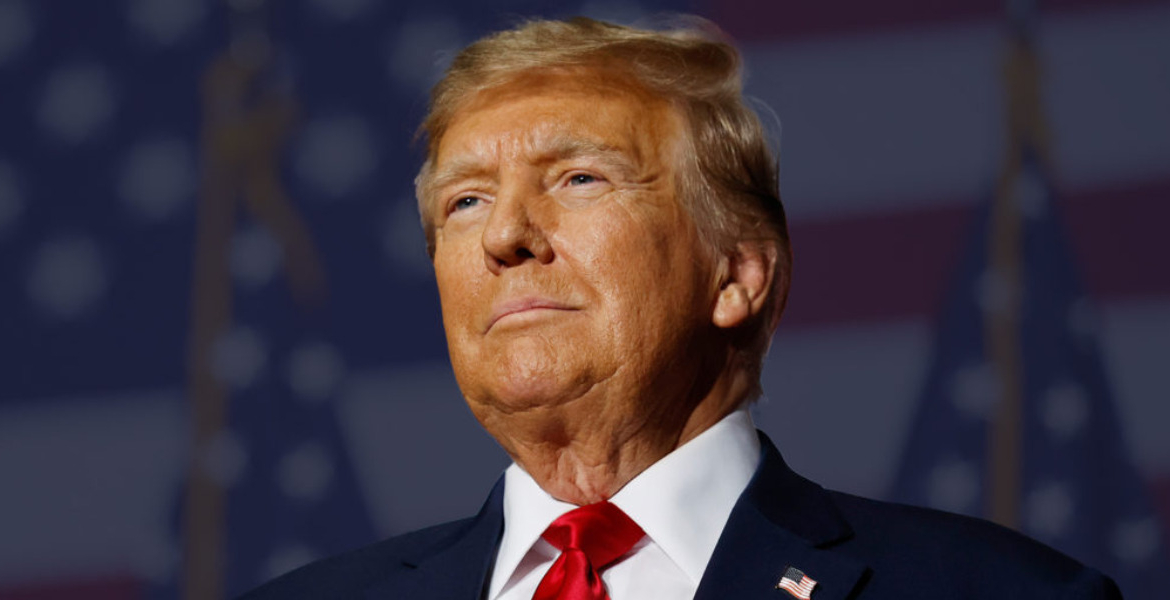Trump’s ‘Beautiful Bill’ Imposes 1% Remittance Tax, Threatening Kenyan Diaspora Support Systems

A newly enacted US federal tax on international remittances is poised to significantly impact the finances of Kenyans residing and working in the United States.
The legislation, signed into law on 4 July by President Donald Trump, introduces a one percent excise duty on money transfers sent abroad, slated to take effect in January 2026. The tax is part of a larger legislative package dubbed "One Big, Beautiful Bill" by Trump. The Bill aims to restructure government spending, reduce deficits, and enhance border security. However, it has spurred considerable debate regarding its consequences for nations like Kenya, which are significantly dependent on diaspora remittances.
Initially, Congress considered a five percent levy targeting remittances sent by non-US citizens. The final legislation applies more broadly, impacting all individuals regardless of citizenship who send funds overseas through formal channels such as commercial banks, money transfer services like Western Union and MoneyGram, and digital platforms. This marks a notable shift from previous US fiscal policy, which had not imposed a nationwide tax on personal money transfers abroad.
Economic Impact on Kenya
Data released by the Central Bank of Kenya indicates that Kenyans in the US contributed over half (53.17 per cent) of the $4.95 billion sent to Kenya in 2024. With remittances from the US totalling $2.63 billion for that year, the new tax could extract approximately $26 million (Sh3.4 billion) annually from Kenyan households.
These remittances are frequently used for essential expenses, including food, school fees, medical care, and rent. Dr. Shem Ochuodho, Global Chair of the Kenya Diaspora Alliance and head of the Africa Diaspora Alliance, voiced his concerns during a media interview.
"This is going to bite, even though the percentage has come down," he noted, warning that the tax jeopardises international cooperation. "The Trump administration is a threat to multilateralism. We are living in very dicey times."
The tax will impact various categories of Kenyans living in the US, including permanent residents (Green Card holders), professionals on temporary visas (H1-B and L1), and students under F-1 visa arrangements. With over 100,000 Kenyans currently residing in the US, many of whom support extended families back home, the potential disruption is expected to be widespread.
Criticism from Experts
Economists and tax specialists have criticised the new measure for contradicting widely accepted taxation principles. The tax is charged directly on the sum being sent rather than on the costs associated with the transfer, a structure viewed as regressive and unduly burdensome for lower-income migrants.
"Most countries impose repatriation taxes on corporate earnings and dividend flows, not on personal remittances," said Hadijah Nannyomo, a partner specialising in international tax advisory at EY.
She explains that indirect taxation through service fees is the global norm, cautioning that taxing the principal amount could discourage formal transfers and encourage the use of informal or digital alternatives. However, Nannyomo acknowledges that reducing the initial proposal from five percent to one percent was "a smart move" from a compliance standpoint.
"It broadens the tax base and lowers resistance, but depending on the amounts remitted and the profile of the sender, it could still be seen as punitive. For students especially, even one percent could be too much."
Critics also argue that the new tax undermines commitments under global frameworks such as the UN Sustainable Development Goals and the Global Compact for Migration, both of which encourage member states to reduce the cost of money transfers. Remittance service providers currently charge up to nine percent in transaction fees, and the additional levy is likely to increase the financial burden on senders.
"It's problematic from a development standpoint," Dr Ochuodho asserted. "Many people will be forced to look elsewhere. Tax evasion is illegal, but tax avoidance is not, so we expect a rise in alternative channels, including the use of cryptocurrencies."
US Perspective
Domestically, the Trump administration has hailed the legislation as a political victory. During the signing ceremony, the President described the package as "the biggest tax cut, the biggest spending cut, and the largest border security investment in American history."
He praised congressional allies for their support, arguing that the reforms would benefit Americans across all demographic and occupational lines. The political motivations behind the remittance tax have sparked speculation. Revenues from the measure, estimated at approximately $10 billion (Sh1.29 trillion), are earmarked to support immigration enforcement and border protection.
Broader Implications
For Kenyan families reliant on remittances, the effects will be tangible. Already facing high costs imposed by service providers, senders may encounter additional challenges in ensuring that their families receive the necessary support.








Add new comment